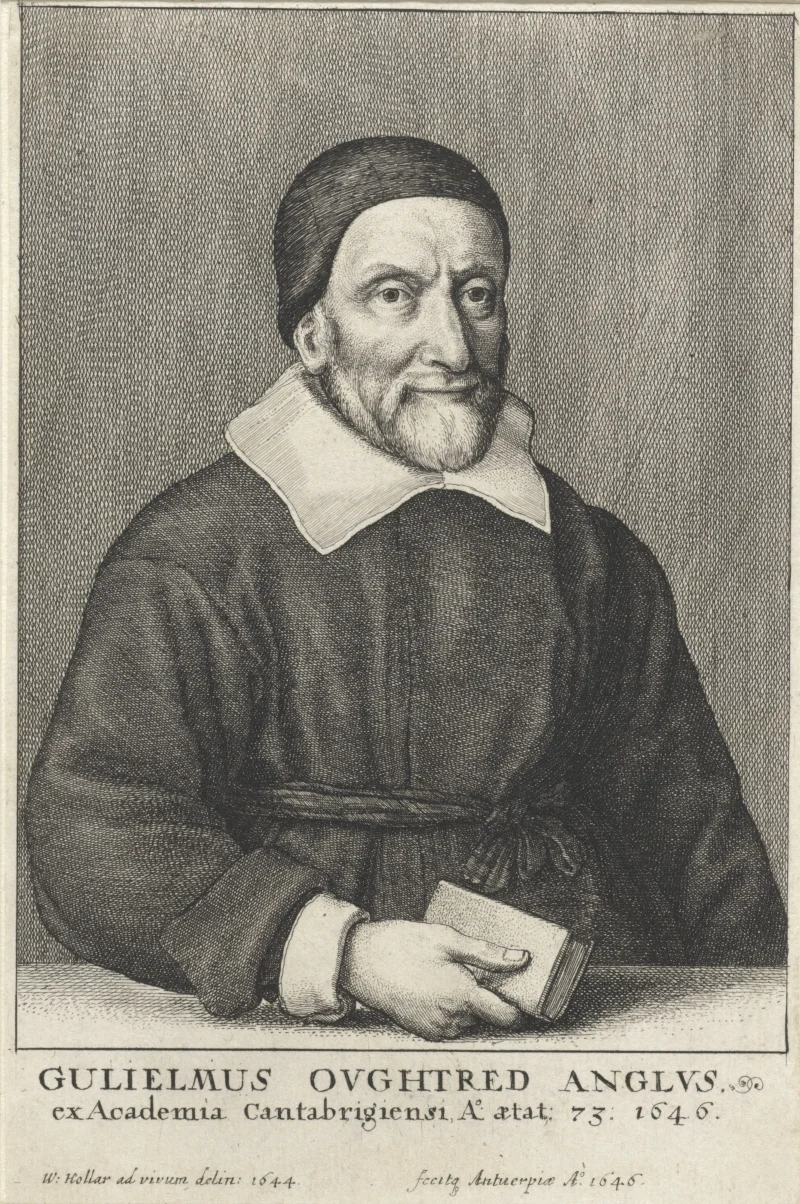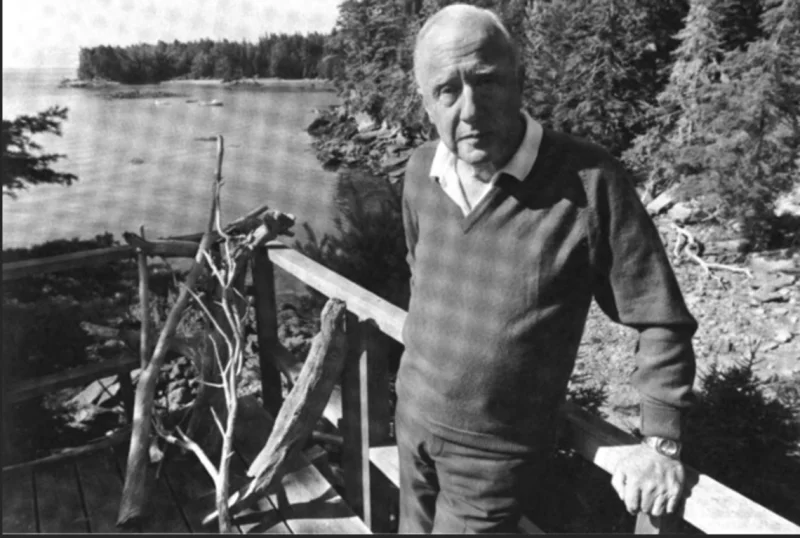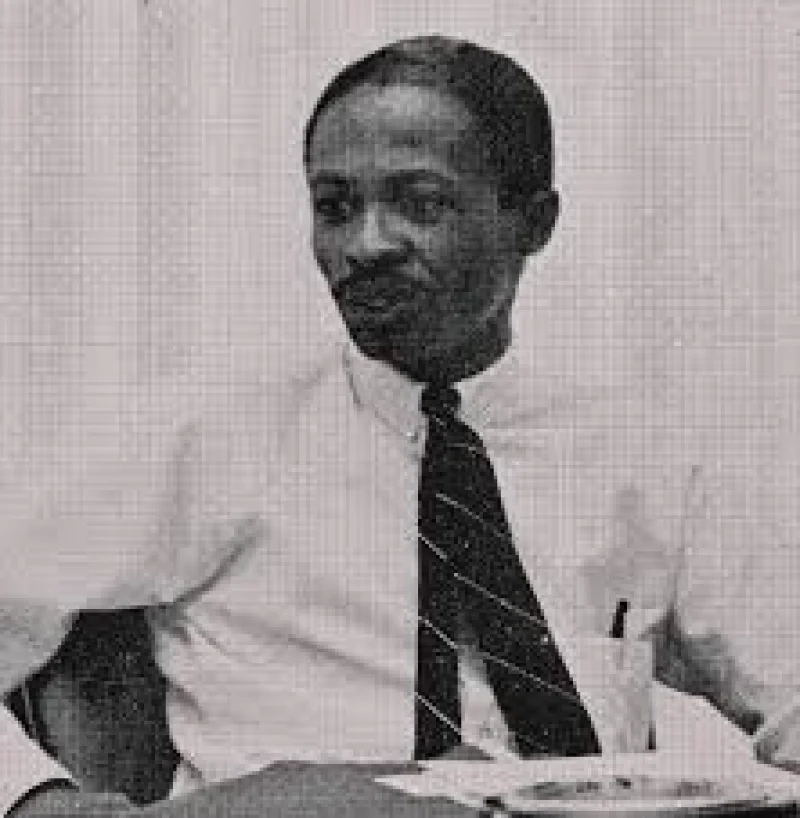Short Summary
Karl Landsteiner was an Austrian immunologist and pathologist renowned for his groundbreaking work in blood transfusion and blood typing. He discovered the ABO blood group system, which revolutionized blood transfusions and paved the way for modern hematology. His contributions to medicine earned him the Nobel Prize in Physiology or Medicine in 1930. Landsteiner's work has had a lasting impact on medical practices and continues to save countless lives worldwide.
Early Life & Education
Karl Landsteiner was born on June 14, 1868, in Vienna, Austria. His father, Leopold Landsteiner, was a well-regarded journalist and editor, while his mother, Fanny Hess, played a significant role in his upbringing following his father's early death. Landsteiner attended the University of Vienna, where he studied medicine, graduating in 1891. Driven by a keen interest in chemistry and biology, he pursued further research in chemistry under the guidance of Hermann Emil Fischer in Munich. This strong foundation in both medicine and chemistry ultimately influenced his future research endeavors in immunology and pathology.
Career Highlights
After completing his education, Landsteiner worked at various medical institutions in Vienna, where he focused on pathological anatomy and histology. In 1901, he published his seminal work on the identification of the ABO blood group system, a discovery that enabled safe blood transfusions. He later moved to the Netherlands and worked at the University of Leiden before emigrating to the United States in 1922. There, he joined the Rockefeller Institute for Medical Research in New York City, where he continued his research on blood groups and immunology. His work laid the foundation for further advances in transfusion medicine and organ transplantation.
Major Achievements
- Discovered the ABO blood group system, facilitating safe blood transfusions and reducing transfusion-related complications.
- Received the Nobel Prize in Physiology or Medicine in 1930 for his discovery of human blood groups.
- Contributed to the identification of the Rh factor, further refining blood transfusion compatibility.
- Published numerous influential papers on immunology, pathology, and bacteriology.
Famous Quotes
- "It is just as important to know what sort of patient has a disease as what sort of disease a patient has."
- "Science, like art, is not a copy of nature but a re-creation of her."
Interesting Facts
- Landsteiner's interest in immunology was partly inspired by the growing field of bacteriology in the late 19th century.
- He initially faced skepticism for his blood group discovery, as the scientific community was hesitant to accept its implications.
- Landsteiner was known for his modesty and dedication, often stating that he worked for the love of science rather than recognition.
- He collaborated with Alexander S. Wiener to discover the Rh factor in 1940, significantly impacting prenatal care and transfusion medicine.
Legacy / Influence
Karl Landsteiner's pioneering work in blood typing established a critical foundation for modern hematology and transfusion medicine. His discoveries have enabled safe blood transfusions, saving millions of lives and improving surgical outcomes. The identification of blood groups and the Rh factor has also been crucial in prenatal care, preventing hemolytic disease in newborns. Landsteiner's contributions continue to influence medical research and practices worldwide.
FAQ
Q: Why is Karl Landsteiner famous?
A: He is famous for discovering the ABO blood group system and his contributions to transfusion medicine.
Q: What did Karl Landsteiner win the Nobel Prize for?
A: He won the Nobel Prize in Physiology or Medicine in 1930 for his discovery of human blood groups.
Q: What was Karl Landsteiner's contribution to immunology?
A: He identified the ABO blood group system and the Rh factor, advancing the understanding of blood compatibility.












